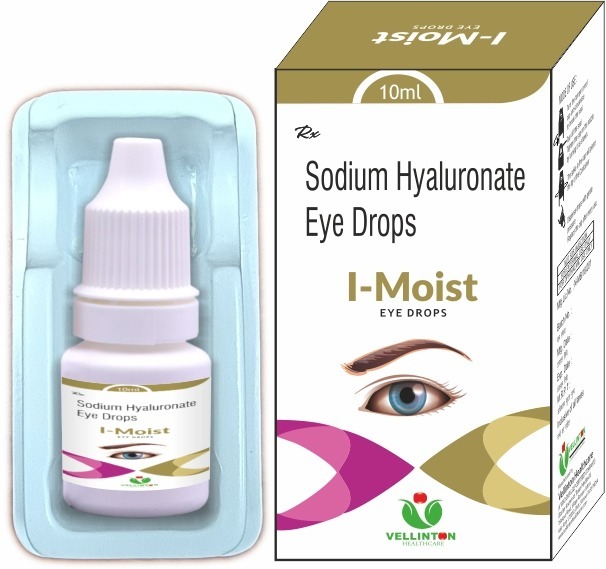Showroom
Pharmaceutical injections meant for the treatment of infections, stomach problems and other health problems are injected into a muscle or vein. The liquid medicine is supplied in vials, which must be stored away from direct heat and light.
Many pharmaceutical tablets are combination medicines that are prescribed by doctors. The medicines, like paracetamol and coldnyl are used in the treatment of toothache, muscle pain, headache, sore throat and other problems.
A prescription germicidal mouthwash, Chlorovell Mouthwash decreases bacteria in your mouth. A powerful antiseptic mouthwash that is prescribed by dentists to treat swelling, inflammation, and bleeding that occur with gingivitis.
If you have sensitive teeth, use Sensotontoothpaste twice a dayfor fast and lasting results. The toothpaste also offers cavity protection and results in fresh breath. Maintain sensitivity relief by using this toothpaste as your daily toothpaste.
Pharmaceutical ointments provided by us are suggested to treat skin infections, such as itching redness and swelling. Special content of pain relief ointments cools and then warms the skin to provide relief from pain.
 |
VELLINTON HEALTHCARE
All Rights Reserved.(Terms of Use) Developed and Managed by Infocom Network Private Limited. |















